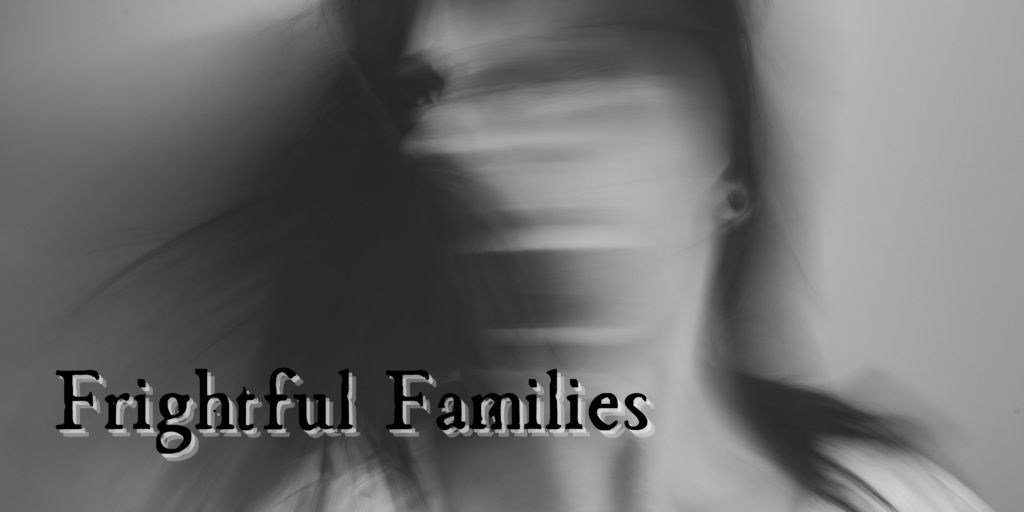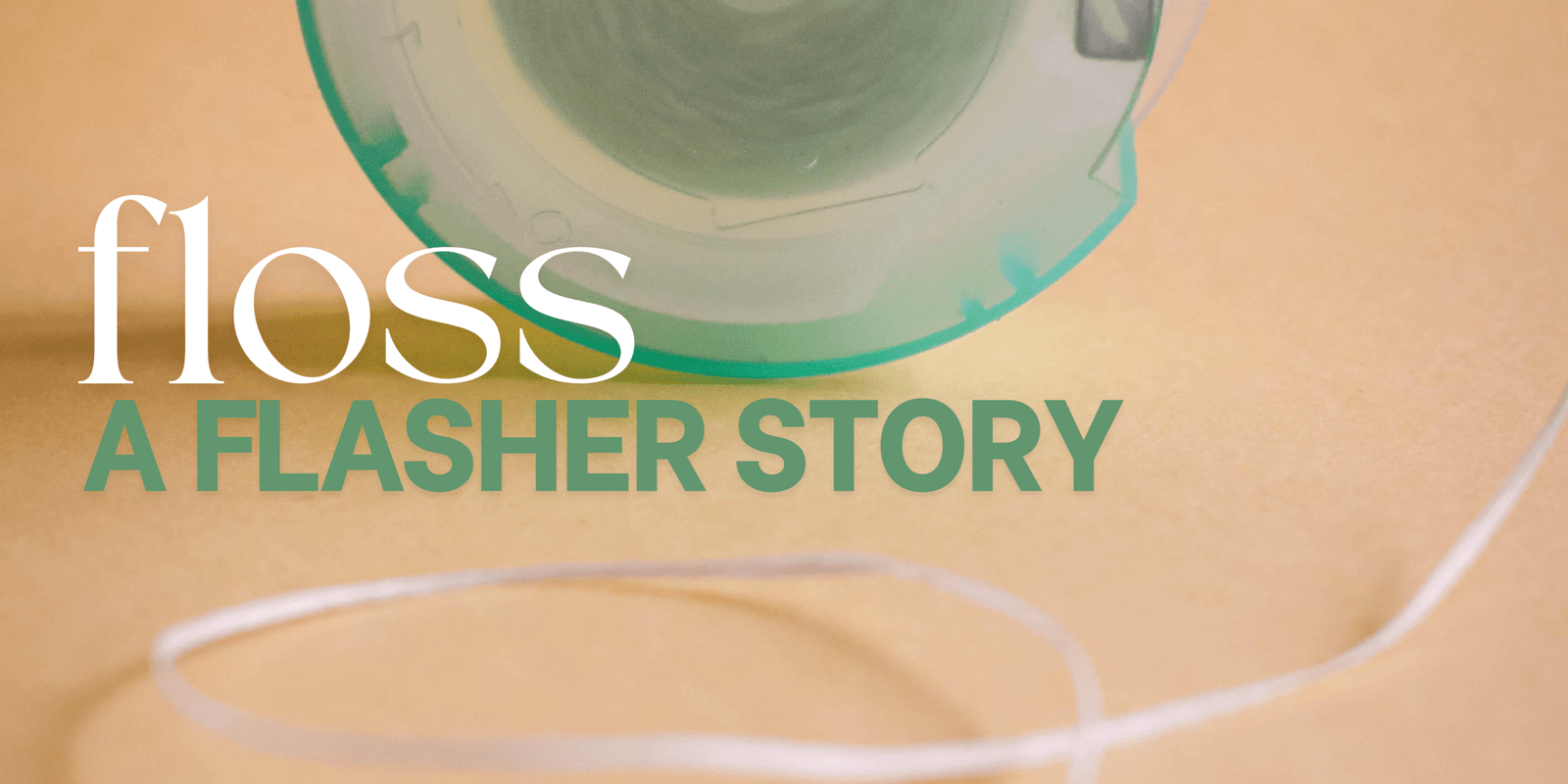In 2012, two things were happening that influenced my writing: my parents were in the midst of their divorce, and I started binge watching horror movies for the first time in my life. This was a period of great change in terms of my interests and my family relationships. And because I was still in school, doing my undergraduate degree, I wrote an essay about what I was going through.
A lot has changed since I wrote this. Over the past decade, I have become even more immersed in the horror genre, and watched more scary movies than I ever thought I would be able to. My writing style has changed, and so have my relationships with my parents. I am no longer the same person who wrote this essay.
Nevertheless, this is still a piece of writing that I want to share. So here it is, unedited, as I wrote it all those years ago.
Happy reading!

This past Halloween, I decided to do something that I have, surprisingly, never done before. All month long, I became engaged in a horror movie marathon consisting mainly of classic films from the 1970s and 80s. Some of these films I had seen before and others were quite new to me. I have watched horror movies before, and I am an avid reader of the works of Stephen King, but this time something was different. There has been a change in my life over the past few years that drastically altered the way I now look at the world: the divorce of my parents. In 2011, my mother decided to leave my father because he is psychologically and financially abusive. They have been separated since then and have recently been working towards a divorce. So what does this have to do with horror films? I am not suggesting that I now see my life as some horrific scene from a movie. Instead, as I watched these films I began to see a new side to the family dynamics that are showcased alongside the more horrific aspects of these films. In some of the films that I watched, I noticed that the relationship between family members that has an impact on the plot. When I was able to make connections between these on-screen families and my own, I was astonished by the similarities. I realized that, in this case, life and art were truly imitating one another.
Ask almost anyone to think of classic horror films, and William Friedkin’s The Exorcist will most likely make it to the top of the list. It was in this film where I first noticed that family relationships seem to go hand in hand with horror. It is made clear in the film that Regan’s parents are divorced, like mine are. Regan is being raised by a single mother and has no real father figure in her life. There is even a scene in the film where we see that Regan’s father has not called her on her birthday. We never see him in the film, and when he is mentioned we discover that he is rarely present in his own daughter’s life. This definitely resonated with me the first time I saw The Exorcist, as I watching it during the midst of my parents’ divorce. When my mother, sister and I had moved out after my parents separated, there were a few months where my father essentially completely cut his own children out of his life. We did not know where he was, who he was with, or what he was doing. He only contacted us if he needed something from us. Like Regan, our father was not there for us in our time of crisis.
Apart from her family dynamics, Regan’s possession also reminded me of an all too familiar aspect of my new life. Recently, I have been diagnosed with depression and social anxiety disorder. On a bad day, I find that I am emotionally incapable of dealing with everyday life. Before seeking help, I would have extreme emotional outbursts where I was not entirely in control of my own actions. I could not realise what I was doing at the time, and it was only when I had calmed down that I could look back and think: “What is wrong with me? Why am I acting like this?” In this way, I was able to compare myself to the demonically possessed Regan. This leads me to better understand the question: Why Regan? Does anyone know why she, of all people, was chosen by her possessor? Perhaps, like me, the divorce of her parents allowed the darkness to take over within her, making her an easy target for all of the terrible things out there.
Another divorce related issue raised in horror films is that of an outsider entering the family: the stepmother. Even fairy tales teach us that stepmothers are potentially evil beings, so it is no surprise that horror films make use of this theme. In Clive Barker’s Hellraiser, Julia is not only the stepmother, but she is undoubtedly one of the evil characters of the film. She is shown to be unfaithful to her husband, Larry, by sleeping with his brother, Frank, but this is not the worst of it. She eventually becomes a murderer in order to bring Frank back to life. She even returns as one of the main villains in Hellbound: Hellraiser II. With this kind of image of stepmothers in my mind, it really is not surprising that I have no interest in meeting my father’s new girlfriend. Although, realistically, the reason I do not want to meet her is because she is a part of my father’s life. For the past few years I have found it increasingly difficult to deal with my father, and want no part in the new life he has created for himself. I also noticed elements of this in Hellraiser when Kirsty decides that she does not want to live with her father and Julia. Additionally, there have been times when my father has seemed to care more about his girlfriend than me and my sister. He is now more involved in the life of his girlfriend than the lives of his children, just as Larry has built his life around his new wife Julia, and not his daughter Kirsty.
Divorce further alters family dynamics by creating single mothers. Recently, I have noticed that there are many horror films that feature single mothers as main characters: Brian De Palma’s Carrie, Tom Holland’s Child’s Play, John Carpenter’s The Fog, and even Sean S. Cunningham’s Friday the 13th, just to name a few. There are differences between these single mothers, though. Mothers like Margaret White in Carrie and Pamela Voorhees in Friday the 13th are seen as evil because their relationships with their children are destructive to themselves and to others. It is this evil nature in both women coupled with their relationships with their children that cause the horrific catastrophes of their respective films. In both cases, the mothers and their children die (although admittedly, it is later revealed that Jason Voorhees miraculously survived, only to become a killer like his mother). Alternatively, the single mothers in the other films that I have mentioned are seen as good characters. Karen Barclay in Child’s Play and Stevie Wayne in The Fog, are both single mothers that are portrayed as good characters as they attempt to combat the evils that plague them. Due to the fact that they are good, they and their children survive the horrific events that unfold. This is good for me because I am now living with my newly single mother. Our positive relationship and the fact that my mother is genuinely a good person means that there is hope that we can survive this drastic change in our family’s life.
Divorce itself is a lot like a movie monster, in some ways. It is a dark, unpleasant presence that tears a family apart and destroys it from the inside. Like John Carpenter’s The Thing, everyone involved may look normal but you just know that deep down inside, at least one of them has been consumed by the darker aspects of this thing called “divorce”. Although there are almost always survivors after these horrific ordeals, does anyone really stop to think about what happens afterwards? After the film ends and the credits appear, the story may be over but the lives of the characters still go on. Even though the characters have survived, they will never be able to forget the events they witness and it will forever haunt them. Some – if not all – will probably require psychiatric help along with emotional support from family and friends. Unfortunately, divorce and the events of horror films are not something you can just simply walk away from. The only hope is that over time, the survivors can learn to deal with what has happened; however, those dark times can never truly be erased from their memories.



